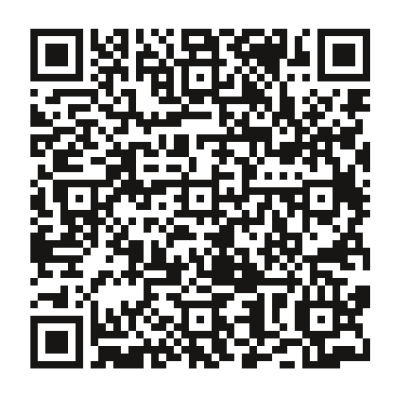Many parents love Pinterest. What typically comes to mind when most think of the platform is fun, family-safe image boards. It’s a great source for inspiration, children’s activities, recipes, and art. But the platform also contains inappropriate content. That includes pornography, also known as Pinterest porn.
Many parents forget that Pinterest is a photo-sharing site open to the public. And as such, they should take measures to ensure their children can use it safely.
Is Pinterest Private?
Anyone can find a person’s Pinterest account and discover posted boards. So Pinterest isn’t private. That also means you need to ensure your children are careful about what’s shared.
However, the platform does provide the option of hiding one’s account from search engines. It also allows users to make boards private. No one should see your child’s boards and any associated pins when set to private. But your child’s profile remains discoverable even if you hide it from search engines.
Nevertheless, those options are still helpful privacy tools, but they aren’t automatic. Every account and board is publicly available by default on Pinterest.
Easy Account Creation Is a Privacy Concern
Children often create accounts using existing Gmail or Facebook profiles on Pinterest. You may have seen the process before since many adults do the same. The way it works is quite clever. The user grants Pinterest permission to use certain data from the existing profile. It’s a more accessible option than creating a new account or logging in manually.
Unfortunately, that also means Pinterest will use your real name on the Facebook or Gmail account. So anyone may search for your child on the platform. This includes predators who could investigate your child through content shared.
What Age Is Appropriate For Pinterest?
Pinterest requires children to be at least 13 years old. But that decision is questionable. Some institutions, experts, and parents recommend a higher age limit. For example, the age range for EU member countries varies from 13 to 16 years old.
Is There Porn On Pinterest?
By now, you can probably guess the answer is yes.
Some images, videos, and external links do slip by Pinterest filters. Therefore, it’s entirely possible children will accidentally come across mature content.
Such content only appeared with some shopping and fashion pins in the early days. But today, you can find it anywhere. That’s because the pinners exclude direct words. So many are undetectable by Pinterest’s filters. As a result, kids are at risk of seeing porn on Pinterest while browsing and pinning.
Sure, you can prevent search engines from listing profiles and make boards private. But that’s not real parental control. There’s no way to prevent kids from discovering sexual content. That’s why parents should take measures to safeguard children.
Guide your kids the best way possible to avoid access to Pinterest porn or similar content. That involves becoming aware of the kinds of content children can run into on Pinterest.
Content Types That Teens Can Discover
The dangers of Pinterest are great. Aside from porn, other content is prevalent on the platform. Users can also find self-harm and eating disorder pictures plus videos. Some pins also link out to external websites with explicit content. These pins can easily lead children down a dangerous path.
Kids can stumble upon many types of unseemly content that Pinterest moderators miss. There’s also a massive lack of privacy on the platform, with most children using real names to sign up.
Self-harm & Suicide
There’s much self-harm and suicide content on the platform. Even though the company prohibits glorifying such content, some escape filters. These posts can affect children because most won’t understand what’s happening.
And the problem isn’t unique to Pinterest. For example, Instagram is still struggling to keep out self-harm and suicide content.
Child Porn
There have been incidents of child porn appearing on Pinterest. Further illustrating the company can’t stop everything. Even with the technology and human review process, some things get through. A good action step parents can take is moderate use or block the app. You can do those things using MMGuardian.
Glorified Images Of Eating Disorder
Pinterest also has pins that glorify eating disorders. Thin Inspiration (aka “thinspo”) refers to images of typically skinny models. These pictures often include captions that promote eating disorders.
The majority of them also show nudity and present an unrealistic view of the human body. That can negatively affect a child, especially those who have struggles. For example, eating disorders, self-esteem, or body image issues. Pinterest bans thinspo pins, but some appear on the site from time to time.
Final Thoughts
Officially, porn isn’t allowed on Pinterest. The platform prohibits users from posting images that feature nudity. The moderation team is also pretty aggressive at removing sexual content. Plus, the community of users is good at self-policing.
But none of that completely stops Pinterest porn from being a thing. And for children, exposure to pornography is harmful because it normalizes such content. It can also create unrealistic expectations for future intimate partners and relationships.
The most important thing parents can do is weigh the potential risks. Think about your child’s age, maturity, and how people use the app. Lastly, remember you can limit usage, block Pinterest and other apps with MMGuardian.
Explore MMGuardian’s features as an android parental control app and as a parental control app for iPhone.





